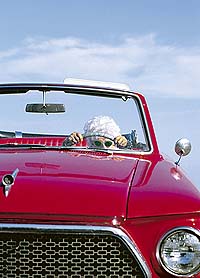
I often hear that people live more fully, more passionately after having a life threatening illness, doing things they have never done before. Not me. Since going through cancer treatment, I have a whole new relationship to physical risk. I just cannot stand it.
I used to love hiking – scrambling up rocky hillsides, walking on narrow cliff ledges, going into the total isolation of deep, deep woods. Not now. Instead of freeing adventures I see in hiking mostly risks – falling to my death, injuring myself far away from help, stumbling across snakes.
Radiation treatment was hell for me. I reached new lows I never knew were possible. My body now feels hardwired with the message “You are breakable.” I drive like a grandma because I know I’m breakable. I wash knives more carefully in the sink because I know I’m breakable. My fears don’t limit most of my daily activities, nor do I feel like I’ve become obsessive about protecting my body from injury. But I am surely less of a risk taker than before cancer.
I often read about people who have the cancer epiphany – realizing they had always been playing it safe or quiet in life, seeing that they’ve only got one chance to live, they come out of their shell, give life their all. Again, not me.
I never had a cancer epiphany. I have always lived passionately and given life my all. I’ve always striven for my dreams, thought outside the box, not really cared what people thought of me, and rarely took no for an answer. I’m the same me, living that same life. But now, I just do it with a lot more physical precaution.
Since illness, are there new activities you’ve been provoked to do - large or small? (Sky diving anyone?) Or, have you limited the situations in which you put yourself at physical risk? Do you have some version of washing the knives more carefully? Have you reached physical lows from surgery, treatment, or side effects that you never thought possible? Did this change you?
![]()
![]()
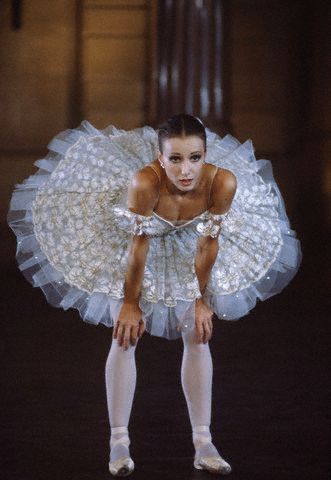
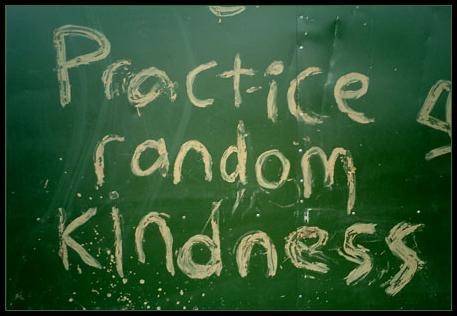
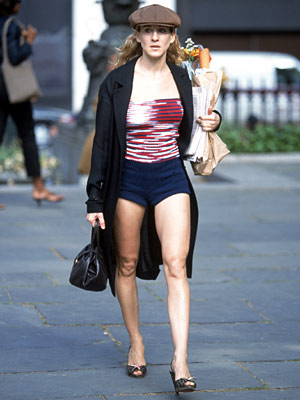

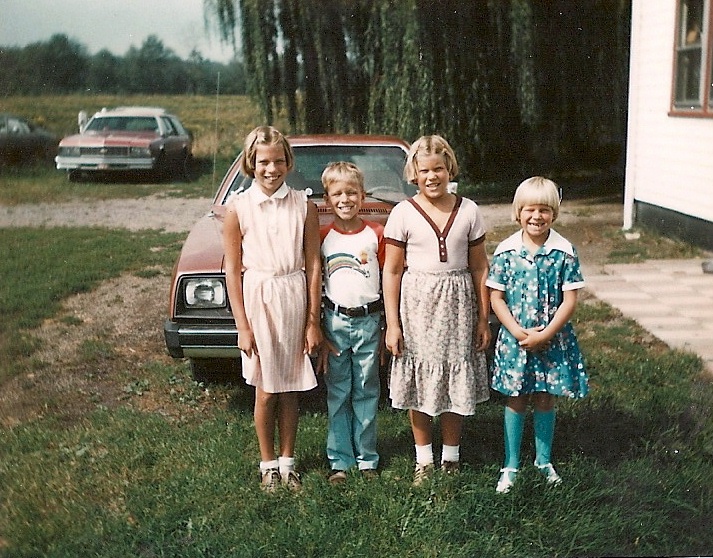
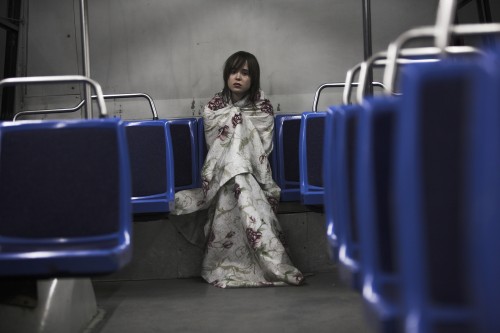
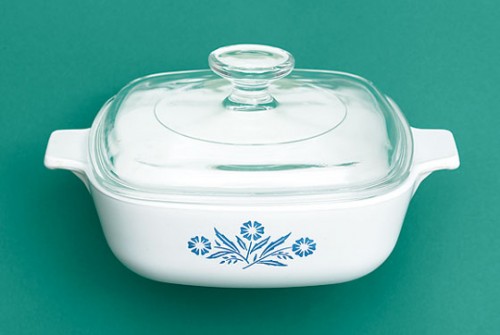
 “Everything Changes is, without doubt, the most forthright, emotionally sophisticated, and plain-old valuable book of its kind I've seen.”
“Everything Changes is, without doubt, the most forthright, emotionally sophisticated, and plain-old valuable book of its kind I've seen.”












